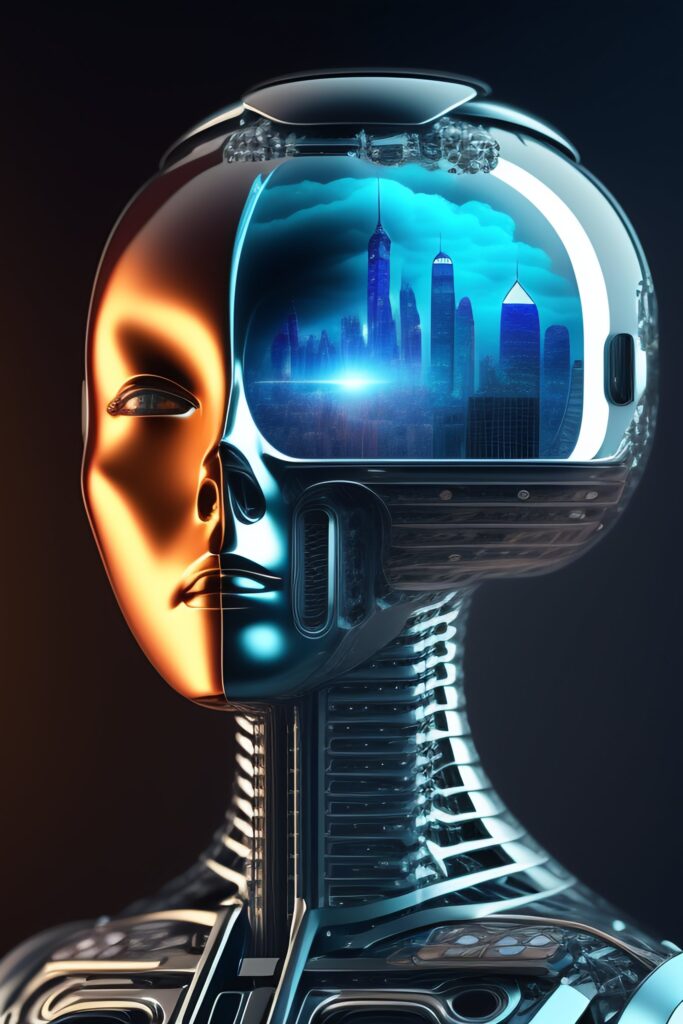Table of Contents
1. Introduction
Artificial Intelligence (AI) has been a subject of fascination and concern for decades. While it has undoubtedly transformed numerous industries and aspects of our daily lives, the question that often arises is: will artificial intelligence take over the world?
2. The Rise of Artificial Intelligence
In recent years, AI has experienced exponential growth, thanks to advancements in machine learning, neural networks, and increased computational power. This progress has enabled AI systems to perform tasks that were once deemed impossible for machines.
3. AI in Everyday Life
From voice assistants like Siri and Alexa to recommendation algorithms on streaming platforms, AI has become an integral part of our daily routines. It simplifies tasks, offers personalized experiences, and enhances convenience.
4. Concerns About AI Domination
4.1 Job Displacement
One of the primary concerns regarding AI is job displacement. As AI continues to evolve, there’s a fear that it might replace human workers across various industries, leading to unemployment and economic instability.
4.2 Ethical Dilemmas
Ethical dilemmas arise when AI is used to make critical decisions, such as in healthcare and criminal justice. Bias in algorithms and a lack of transparency can result in unfair outcomes.
4.3 Lack of Control
The idea that AI could become uncontrollable or make decisions beyond human comprehension is a genuine concern. Ensuring AI systems remain under human control is crucial.
5. The Potential for Collaboration
Rather than envisioning AI as a threat, we should explore its potential for collaboration. Human-AI partnerships can lead to innovative solutions and improve efficiency.
6. AI’s Impact on Industries
6.1 Healthcare
AI aids medical professionals in diagnosing diseases, analyzing medical images, and even drug discovery. It enhances patient care and outcomes.
6.2 Finance
In the financial sector, AI-driven algorithms analyze market trends, optimize investment portfolios, and detect fraudulent activities, revolutionizing the industry.
6.3 Transportation
Self-driving cars, guided by AI, hold the promise of safer and more efficient transportation systems. They have the potential to reduce accidents and traffic congestion.
7. Can AI Achieve Consciousness?
The notion of AI achieving consciousness remains a topic of debate. While AI can mimic human behavior and learning, true consciousness remains elusive.
8. The Importance of Regulations
To mitigate the risks associated with AI, regulations and ethical guidelines must be established. These frameworks can ensure AI is developed and used responsibly.
9. The Role of Humans in the AI Future
Humans will continue to play a pivotal role in AI development and oversight. Our responsibility is to guide AI’s evolution and ensure it aligns with our values.
10. Ethical Responsibility
Developers and organizations working on AI must uphold ethical standards, prioritizing fairness, transparency, and accountability in AI systems.
11. AI’s Limitations
AI, while powerful, has limitations. It lacks creativity, emotional intelligence, and the ability to fully understand complex human nuances.
12. Conclusion
In conclusion, while the advancement of AI raises valid concerns, the idea that it will take over the world in a destructive manner is not inevitable. Instead, we have the opportunity to harness AI’s potential for the betterment of society, as long as we remain vigilant and responsible stewards of this technology.

5 thoughts on “Will Artificial Intelligence Take Over the World?”